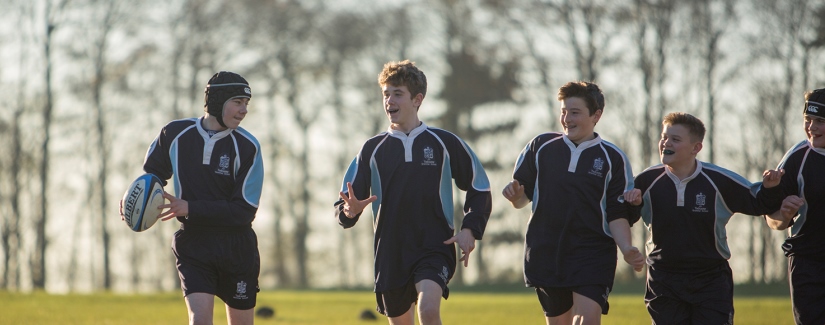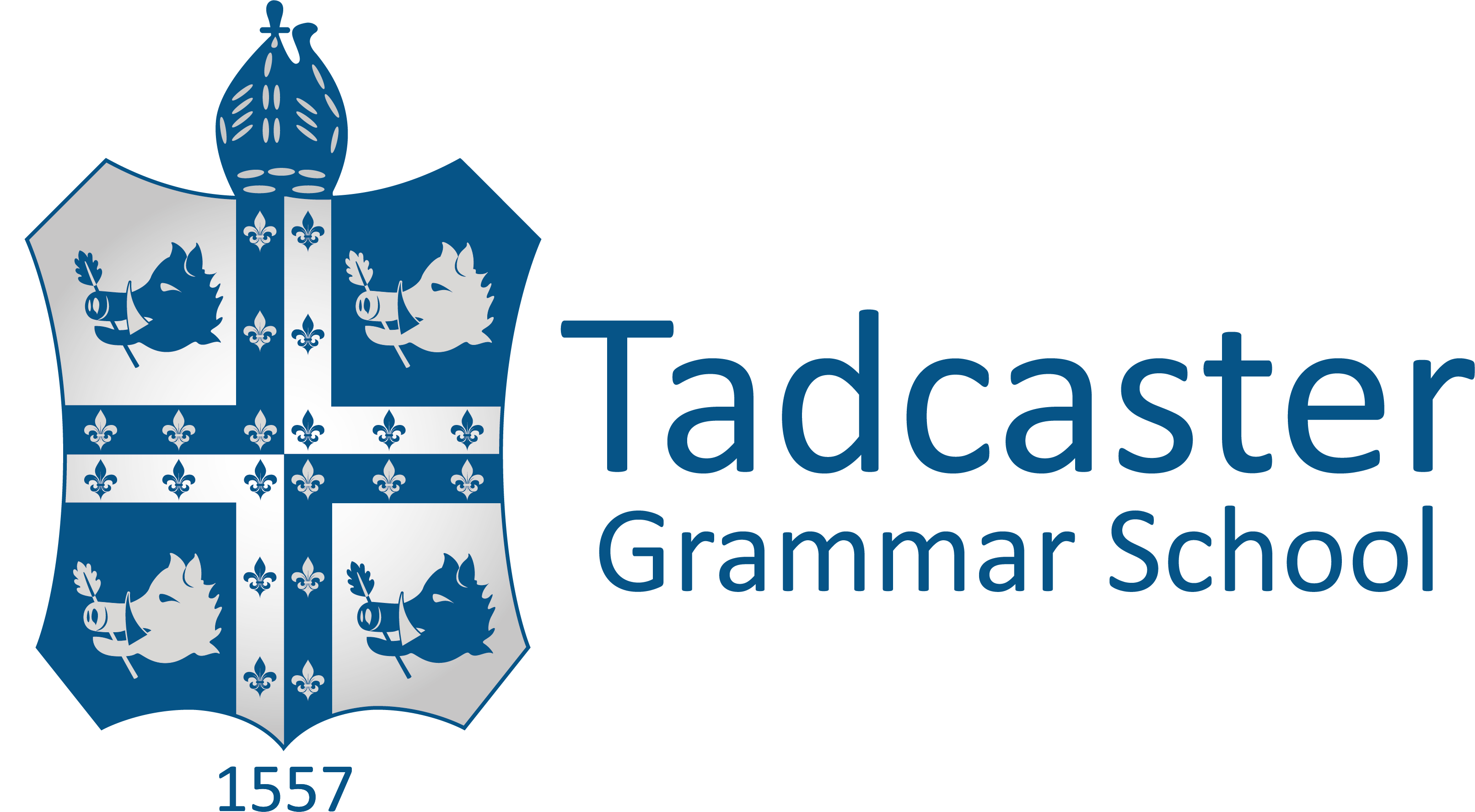Curriculum Team Leader
Mr Rob Solk (r.solk@tgs.starmat.uk)
Introduction
Purpose of Study
A high-quality physical education curriculum inspires all students to succeed and excel in competitive sport and other physically-demanding activities. It provides opportunities for students to become physically confident in a way which supports their health and fitness. Opportunities to compete in sport and other activities build character and help to embed values such as fairness and respect.
Aims
The national curriculum for physical education aims to ensure that all students:
- develop competence to excel in a broad range of physical activities
- are physically active for sustained periods of time
- engage in competitive sports and activities
- lead healthy, active lives.
Attainment targets
By the end of each key stage, pupils are expected to know, apply and understand the matters, skills and processes specified in the relevant programme of study. Schools are not required by law to teach the example content in [square brackets].
Subject content KS3:
Students should build on and embed the physical development and skills learned in key stages 1 and 2, become more competent, confident and expert in their techniques, and apply them across different sports and physical activities. They should understand what makes a performance effective and how to apply these principles to their own and others’ work. They should develop the confidence and interest to get involved in exercise, sports and activities out of school and in later life, and understand and apply the long-term health benefits of physical activity.
Students should be taught to:
- use a range of tactics and strategies to overcome opponents in direct competition through team and individual games [for example, basketball, cricket, football, hockey, netball, rounders, rugby and tennis]
- develop their technique and improve their performance in other competitive sports [for example, athletics and gymnastics]
- perform dances using advanced dance techniques within a range of dance styles and forms
- take part in outdoor and adventurous activities which present intellectual and physical challenges and be encouraged to work in a team, building on trust and developing skills to solve problems, either individually or as a group
- analyse their performances compared to previous ones and demonstrate improvement to achieve their personal best
- take part in competitive sports and activities outside school through community links or sports clubs.
Key Stage 4 (Core)
Students should tackle complex and demanding physical activities. They should get involved in a range of activities that develops personal fitness and promotes an active, healthy lifestyle.
Students should be taught to:
- use and develop a variety of tactics and strategies to overcome opponents in team and individual games [for example, volleyball, badminton, basketball, cricket, football, hockey, netball, rounders, rugby and tennis]
- develop their technique and improve their performance in other competitive sports,[for example, athletics and gymnastics], or other physical activities [for example, dance]
- take part in further outdoor and adventurous activities in a range of environments which present intellectual and physical challenges and which encourage pupils to work in a team, building on trust and developing skills to solve problems, either individually or as a group
- evaluate their performances compared to previous ones and demonstrate improvement across a range of physical activities to achieve their personal best
- continue to take part regularly in competitive sports and activities outside school through community links or sports clubs

Key Stage 4 (Examined Courses)
GCSE PE (AQA)
Paper 1: The human body and movement in physical activity and sport
- Applied anatomy and physiology
- Movement analysis
- Physical training
- Use of data
Paper 2: Socio-cultural influences and well-being in physical activity and sport
- Sports psychology
- Socio-cultural influences
- Health, fitness and well-being
- Use of data
Assessment
Written examination paper 1 – 1 hour 15 minutes (30%)
Written examination paper 2 – 1 hour 15 minutes (30%)
Non-examination assessment (40%)
Practical performance (3 different activities, 1 team activity, 1 individual activity and a third activity in either a team or individual activity)
Analysis and evaluation of performance
Mandatory Units:
R051: Contemporary issues in sport
R052: Developing sports skills
Other Units:
R053: Sports leadership
R054: Sport and the media
Assessment
Written examination paper (R051) – 1 hour (25%)
Non-examination assessment (75%)
R052: Developing sports skills (25%)
R053: Sports leadership (25%)
R054: Sport and the media (25%)
Extra-curricular
Physical Education offers a variety of opportunities for all students. These include football, netball, hockey, rugby union, basketball, cross-country, gymnastics, trampolining, athletics, rounders, tennis, and cricket. There are numerous school visits throughout the year.

